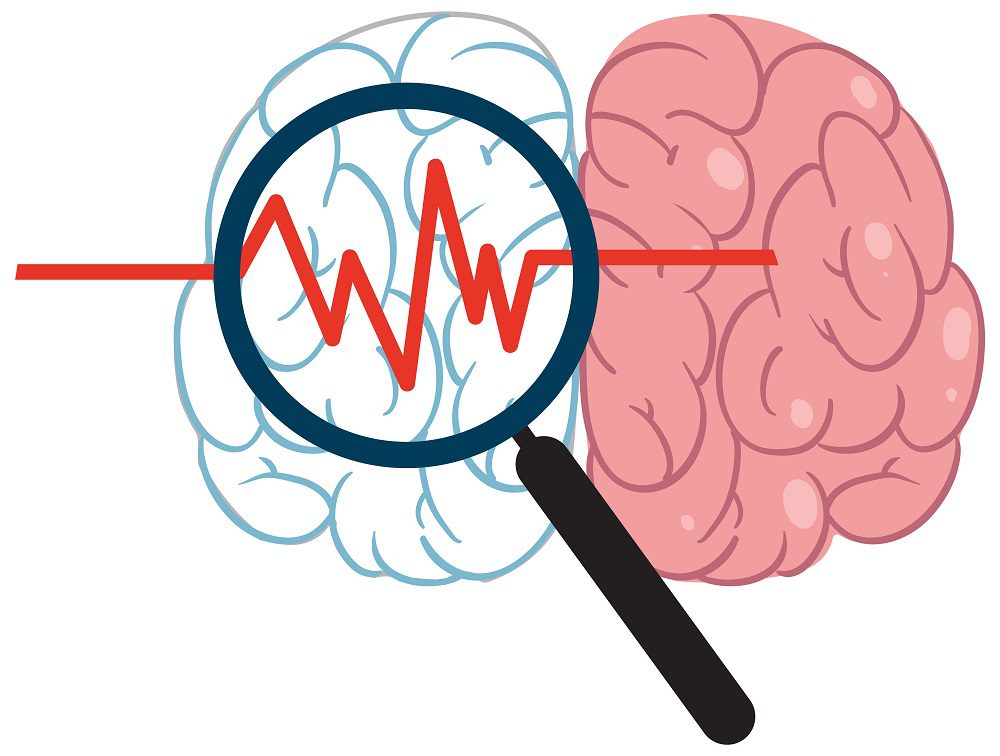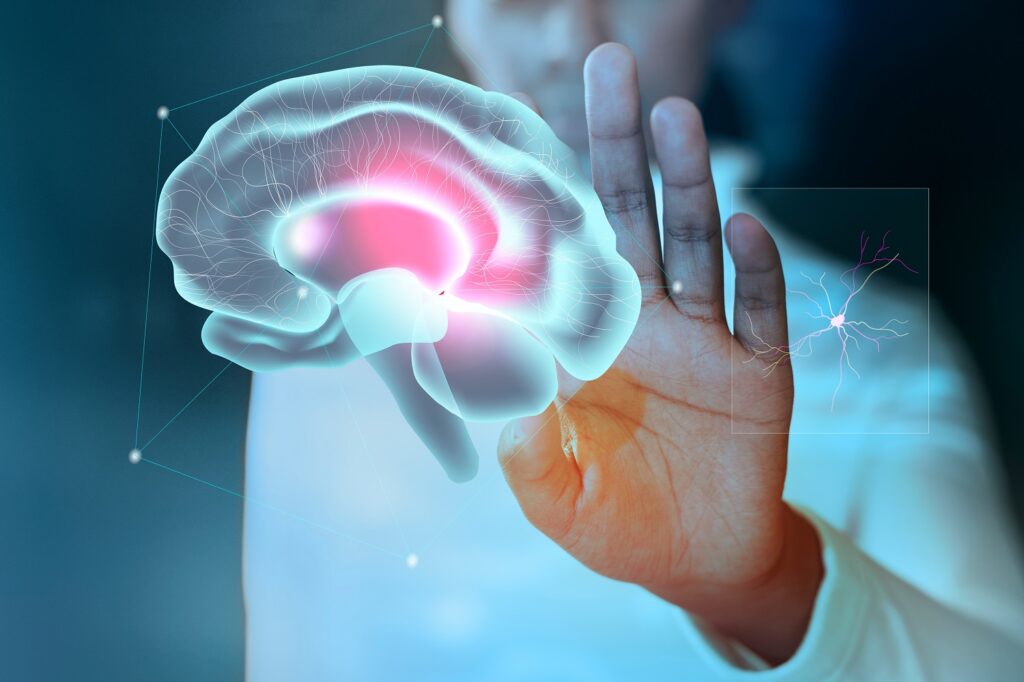Hate is defined as an intense dislike that facilitates the elimination of others, and involves dehumanization or the denial of human qualities to others. A possible brain mechanism for hate seems to involve an “animalistic” infraumanization that results in withholding empathy from the devalued target; this mechanism may be mediated by the inferior frontal cortex (IFC). Neurologists and psychiatrists may have an increasingly crucial role in elucidating the mechanisms of the brain that underline hateful behavior. Some define hate as a deep, enduring, intense emotion while others consider it as a long-lasting attitude.
There is a wide range of theories that explain hateful behavior. Firstly, some theories reflect psychological principles like the need to belong to social groups, pressures, etc. Secondly, some personality theories view specific people as being predisposed to hateful behavior.
Finally, there are direct theories of hate like Sternberg’s duplex theory which proposes that hate involves a negation of intimacy, passion, and commitment. Further investigation of the neuropsychiatric mechanisms underlining hate should be done with the eventual goal of guiding efforts to mitigate its expression.















